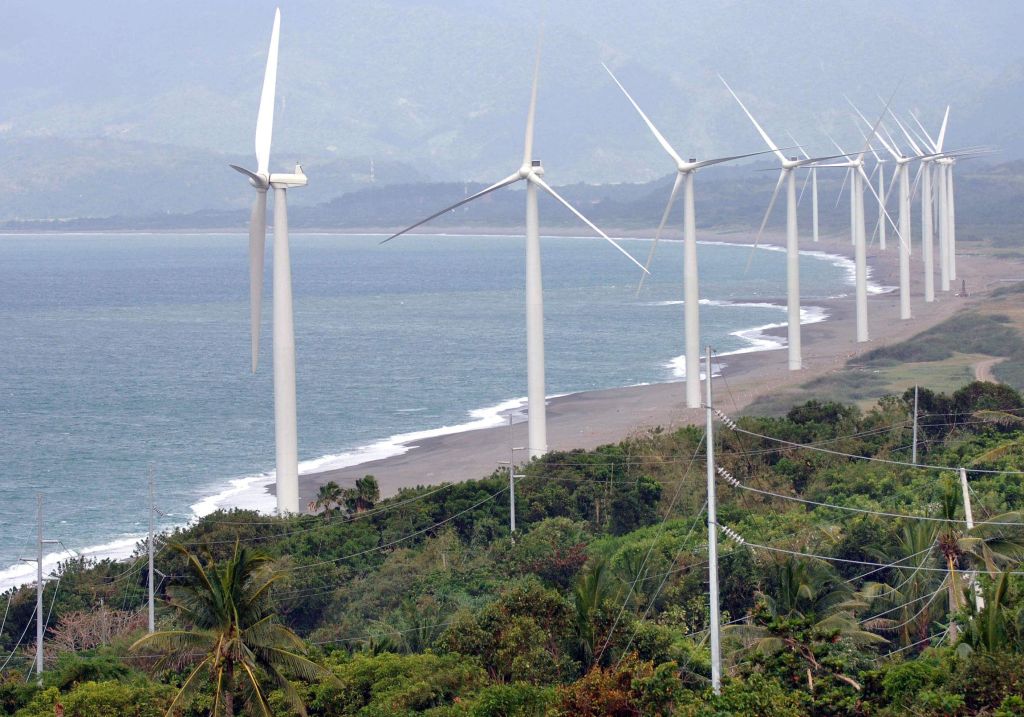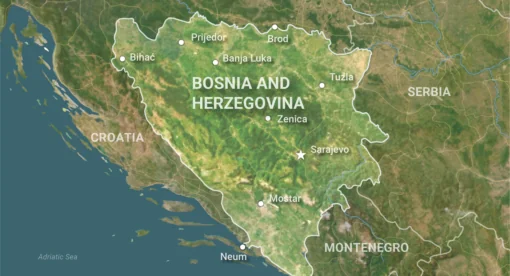Executive Summary
With increasing pollution, population, energy demand, and costs for nonrenewable energy, Southeast Asia is increasingly looking toward investing in offshore renewable energy. For most Southeast Asian nations, offshoring will be cheaper than production of nonrenewable energy and will produce more energy than onshore renewable energy. The South China Sea has excellent offshore wind and wave energy potential, which will be cost-efficient in the long term.
To further promote offshore renewables in Southeast Asia, the best course of action for these countries and their foreign partners, particularly the United States, is to develop regulations and investment regimes facilitating investment. These countries should address security issues with China by promoting naval cooperation, training and arms sales, and gear supply before a border conflict arises. Strengthening the security component of offshore energy production will contribute to a greener future, increase the potency of China’s economic competitors, and empower Southeast Asian nations in their goals for energy security and carbon neutrality.
Key Takeaways
■ Southeast Asia is uniquely endowed with natural advantages for offshore wind, solar, and tidal energy, which can help local energy security and aid economic development.
■ The South China Sea’s offshore renewables are mostly in areas less susceptible, but not immune, to territorial disputes or Chinese territorial aggrandizement.
■ Preemptively addressing geopolitical problems stemming from Southeast Asia’s offshore renewables can provide a basis for resolving other territorial disputes in the South China Sea and their associated geopolitical issues.
■ Other regional disputes can impede offshore renewable development, but offshore renewable development itself can factor into the resolution of these disputes.
■ The most practical way to address concerns about Southeast Asia’s offshore renewables is to facilitate international investment in the region and multilateral cooperation between adjacent littoral actors.
Recommendations
■ The U.S. must maintain its commitment toward an open South China Sea with internationally recognized maritime boundaries. China’s “nine-dash line” program of territorial aggrandizement must be thwarted by continued U.S. Navy Freedom of Navigation patrols and broader diplomatic support to regional partners such as Vietnam, Malaysia, and the Philippines. This will ensure the region remains open for renewable energy development.
■ The U.S. government and nongovernment agencies must promote and encourage American companies’ direct investment and regional involvement. This will comfort partner states, as the U.S. will have a direct stake in thwarting China’s territorial ambitions while decreasing the insurance rates and political risk for many companies. In conjunction, these will reduce operating costs and stimulate development.
■ All local state actors must develop and adopt standard regional regulations (tax, environmental, economic, etc.) to incentivize large-scale investment. This regional framework can draw from lessons learned in the Caribbean and the North Sea, allowing for direct cooperation with the United States and European Union. They must also invest in naval and anti-naval capabilities to maintain a credible deterrent toward Chinese aggression.







